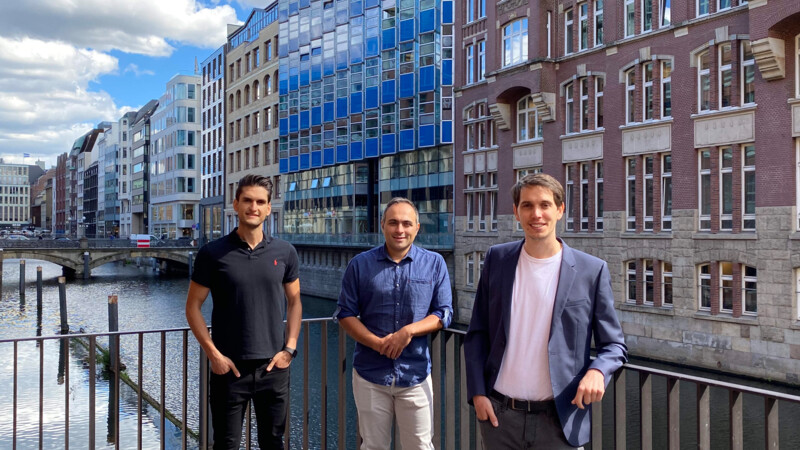Speaking during the digital press conference, Müller-Lietzkow said mobility and wireless digital technologies are crucial to Industry 4.0 and will have an increasing impact on people’s everyday lives. Wireless technologies merge energy systems, buildings and industrial structures, determine the mobility of the future and digital infrastructure in smart cities, he added. Müller-Lietzkow, who is a Professor of Economics and Digitization, was instrumental in securing the project, and termed the technologies the "digital skeleton of cities". "These technologies are part of critical infrastructure. It is crucial that we not only apply them, but also develop them ourselves so that we can better understand and master them.” Research into hardware and software development, new services, business models, data security and cybersecurity issues as well as artificial intelligence will be undertaken at HAWICC.
Plans to build the new Hamburg Wireless Innovation Competence Center (HAWICC) for smart infrastructure and mobility from 2021 in Grasbrook were presented Tuesday (December 1, 2020) by Jörg Müller-Lietzkow, President of HafenCity University. The German government is putting EUR 25 million towards HAWICC - one of three "German Centres of Mobility of the Future" planned by the German Ministry of Transport and Digital Infrastructure (BMVI). The centres will likely boost basic research into technologies like autonomous driving, 5G, Internet of Thing (IoT).
Wireless technologies - digital skeleton of smart city
Hopes to build real laboratory with campus
The new centre in Grasbrook offers an opportunity to build a cluster complete with campus, where research and development is conducted in a real laboratory of sorts. "HAWICC, as an open centre, will be an important part of a university's 'third mission' i.e., transfer," said Müller-Lietzkow, who also hopes to bring other partners on board. Possible collaborations could be forged with the University of Hamburg, the German Research Center for Artificial Intelligence (DFKI), the Fraunhofer Institute as well as NXP Semiconductors in Hamburg. By 2024, HAWICC should have formed initial start-ups, secured business settlements and established new research and professorships and reflect success at the centre.
ITS World Congress 2021 in Hamburg
Construction of HAWICC will coincide with the Intelligent Transport Systems World Congress (ITS) which Hamburg is hosting next year. Around 15,000 trade visitors are expected at ITS, which is considered the world's largest event on intelligent transport systems. Meanwhile, Hamburg is positioning itself as a model city and laboratory of intelligent transport and logistics solutions. Automated, co-operative and networked mobility, mobility on demand and intelligent infrastructure will top the agenda at ITS.
sb/pb
Sources and further information
More
Similar articles

Hamburg-based Natix making cameras intelligent for smarter cities

Smart City: German government funding "Digital Twins" project

Hamburg to present over 40 transport projects at ITS
